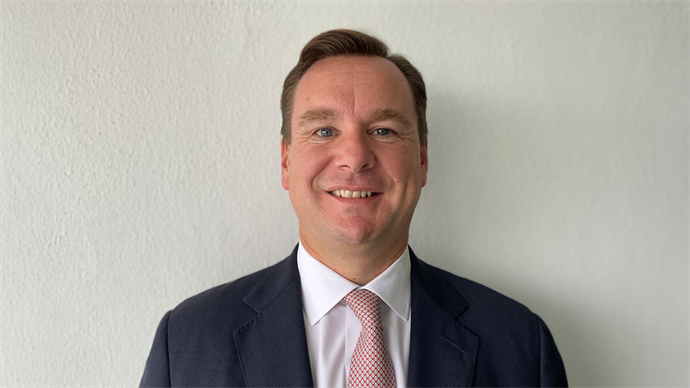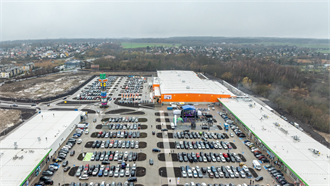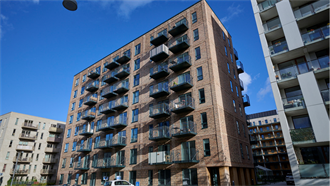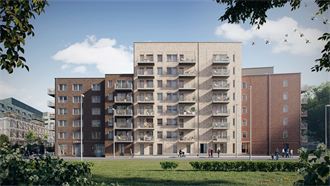Total real estate investment in Europe reached €85.5 bn in Q1 2020, representing a 52% increase on the same period last year, according to the latest data from global real estate advisor, CBRE. This was a record Q1 performance for European CRE, surpassing the previous high seen in Q1 2015.
Preliminary investment volumes in the UK in Q1 2020 totalled €17.2 bn, up 33% on the same period last year due to greater political stability following the parliamentary election results in December 2019. UK investment volumes in Q1 2019 were suppressed due to heightened uncertainty ahead of an agreement on the terms under which the UK would leave the EU.
Similarly, many of the major Continental European markets outperformed the first quarter of last year, with Germany, France, and Spain recording investment volume increases of 97%, 38% and 54% respectively. Performance across the major markets was driven by two exceptionally large platform deals in Germany, accounting for €10 bn alone, and the £4.7 bn purchase of the IQ student housing platform by Blackstone in the UK.
The strong performance in Q1 2020 in Europe was driven in part by a lag effect from the previous quarter, with many large deals that were initiated in the latter part of last year, completing at the start of this year. However, correcting for the large platform deals, investment volumes in Q1 2020 were still up 15% compared to the same period last year, equating to the 3rd strongest first quarter on record.
‘Significant’ impact expected for Q2
Since March of this year, the European investment market has however seen a marked shift in sentiment due to the outbreak of Covid-19 and its widespread impact on communities, businesses and the economy across Europe. ‘The true impact of this will not be seen until Q2, however, we expect the repercussions to be significant in the short term, with positivity and opportunity emerging in the mid to long-term as the industry begins its recovery,’ said Chris Brett, head of EMEA Capital Markets, CBRE. ‘Real estate fundamentals enter this period of uncertainty in good shape and it will continue to perform well on a relative basis in the long term.’


































